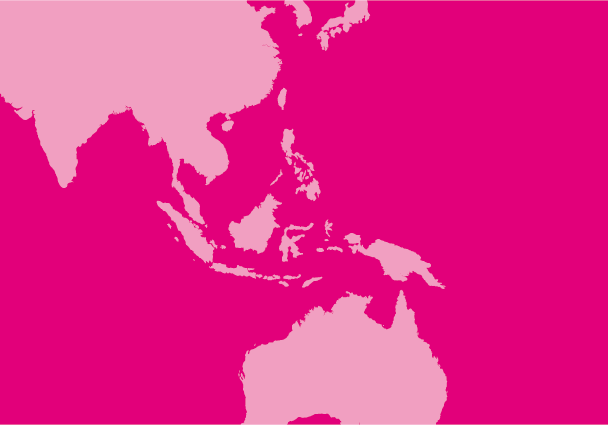Today, the ICJ announced that its President, Justice Michael Kirby of Australia, has submitted his report entitled Hong Kong and the Rule of Law.
Justice Kirby visited Hong Kong on 25 October 1996. He met with representatives of the territory’s government, the legal profession and members of the Legislative Council and Executive Council.
On 1 July 1997, sovereignty over Hong Kong will be transferred from the United Kingdom to the Peoples’ Republic of China. The ICJ is concerned about the maintenance and protection of the Rule of Law, respect for human rights and the independence of the judiciary, after the territory reverts to China. These concerns were initially broached in a report of an ICJ mission, Countdown to 1997, issued in 1992.
As a result of the President’s report, the ICJ adopted the following resolutions.
- The legitimacy and integrity of the present elected Legislative Council should be protected. The attempt by China to establish in its place an alternative “Legislative Council” should be condemned.
- The selection of members of the alternative “Legislative Council” by 400 persons, appointed in effect by the Government of China, is a clear breach of the agreement in the Sino-British Joint Declaration and the provisions of the Basic Law of Hong Kong which guarantee that the Hong Kong Legislative Council will be constituted by elections after the territory reverts to China.
- The proposed selection is not an “election”, and is also a breach of international human rights law. The Government of Hong Kong should strive to make China understand this.
- The Government of Hong Kong should rapidly propose amendments to the territory’s criminal law to redefine the offences of treason, sedition and subversion, so that after 1 July 1997, the definitions conform with international human rights law and with current practice in the territory.
- Dissidents who presently reside in Hong Kong should be protected. Their departure should be facilitated before 30 June 1997, if they so wish.
- The UK should indicate publicly and precisely what it intends to do to uphold the letter and spirit of the Sino-British Joint Declaration after 1 July 1997, and in particular during the 50 years in which, in accordance with the Joint Declaration, the rights of the people of Hong Kong and their lifestyle “will remain unchanged” and “be protected by law.”
- A group of eminent persons should be established, chosen from the UK and the Commonwealth, to monitor the situation and report on any departures by China from the Joint Declaration.
The ICJ will continue to give active support to Justice Hong Kong and other human rights groups in the territory after 1 July 1997. It called upon all human rights organizations to do likewise. It also urged the UN Human Rights Committee to retain a vigilant interest in Hong Kong and to ensure that China honours its obligation under the Joint Declaration to continue to submit reports concerning the territory after 1 July 1997.
A letter was sent from the President to the Governor of Hong Kong, the Rt. Hon. Christopher Patten on 14 November 1996, outlining the main recommendations of the report and requesting his comments.





